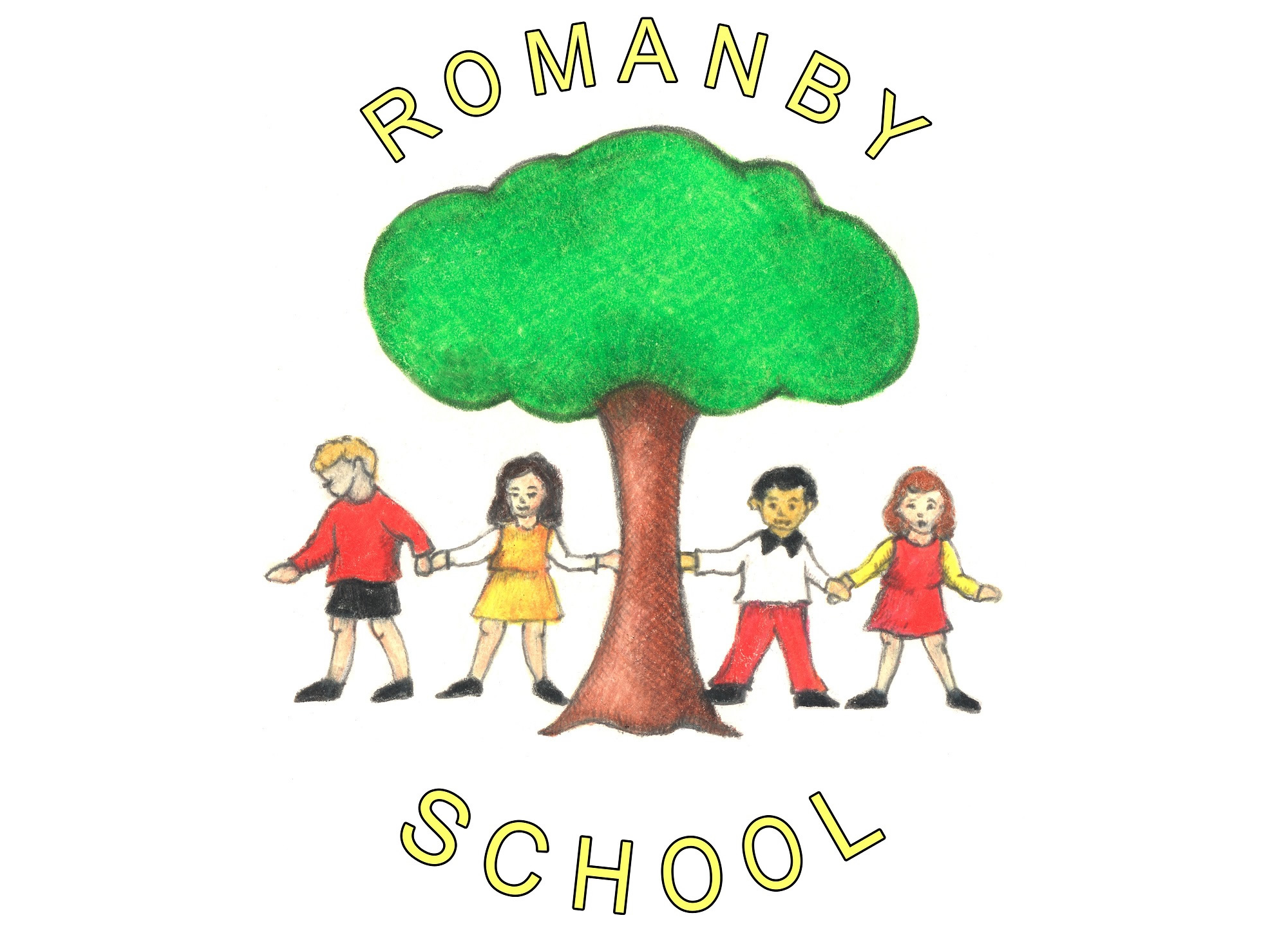English has a prominent place in education and in society. Our high-quality education in English teaches pupils to speak and write fluently so that they can communicate their ideas and emotions to others and through their reading and listening, others can communicate with them. Through reading in particular, pupils have a chance to develop culturally, emotionally, intellectually, socially and spiritually. Literature, especially, plays a key role in such development and we ensure children have access to a wide range of texts. Reading also enables pupils both to acquire knowledge and to build on what they already know.
National Curriculum for English
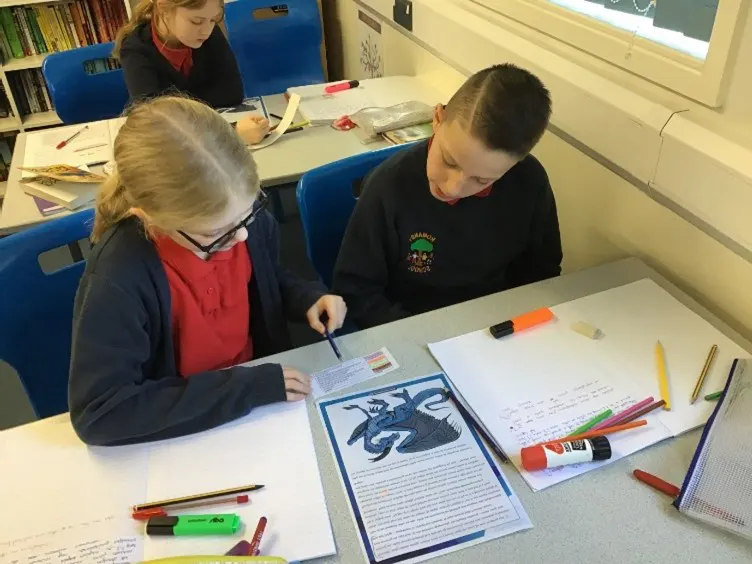
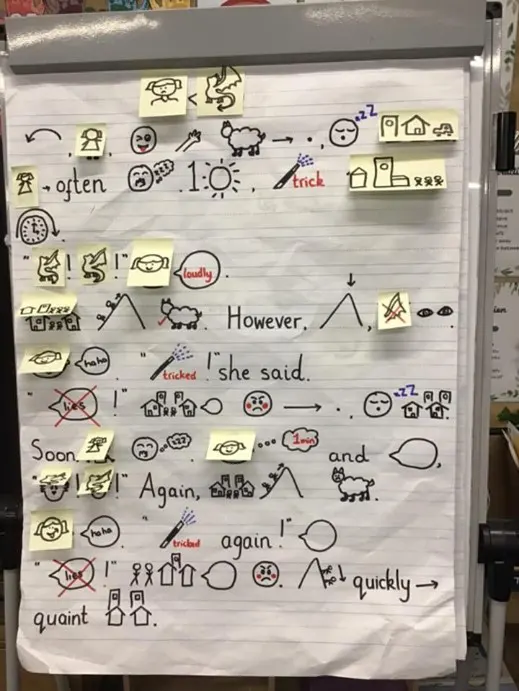
We aim to teach our children to use language as effectively as they can in a wide variety of situations, as outlined in the National Curriculum. They are introduced to many types of literature including fiction, non-fiction and poetry and are encouraged to read widely. Our aim is that all our pupils will be able to:
- Write interesting sentences which make sense and are correctly punctuated.
- Watch, respond to and take part in a performance.
- Enjoy listening and responding to a wide variety of stories and poems, articulating their reasons and opinions about it.
- Read for pleasure and for information, with increasing understanding, demonstrating some inferential skills.
- Experience creative ownership of their work.
- Experience and experiment with a wide range of genre.
- Provide opportunities to read and write materials of personal interest to pupils.
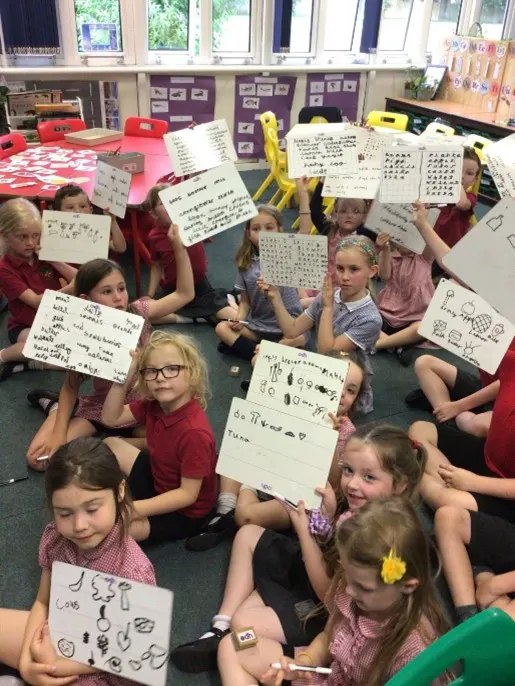
We use the Cornerstones Learning Projects as vehicles to experience English ‘in context’ through a topic-based approach to teaching and learning. Through high-quality texts and the Talk4Writing model, we aim to engage all pupils so they progress in both the national curriculum standards and developing English ‘life skills’.
Reading
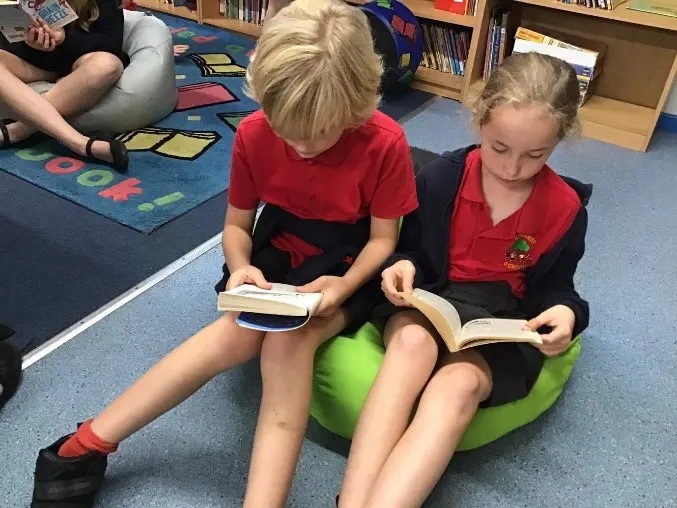
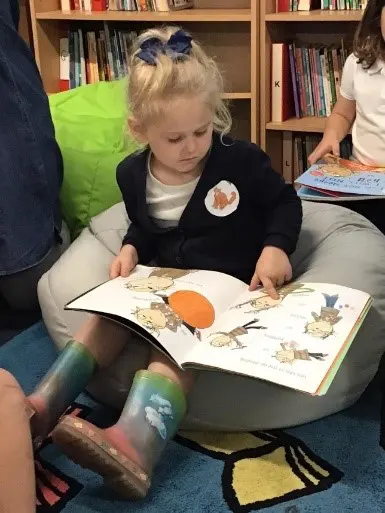
As a school we use ‘Essential Letters and Sounds’ as the main resource to teach phonics in Key Stage 1 (See Phonics and Early Reading section).
Across the school, we teach reading through whole class guided reading sessions and enjoy texts together in small group ‘book clubs’ weekly. We have a class text linked to our theme which we read as a class per term and also have reading for pleasure time factored in to each day. Children who read our expected five times per week are also entered into a reading raffle which is drawn during our Celebration Assembly: the winners of which are treated to hot chocolate and Storytime.
Phonics and Early Reading

Essential Letters and Sounds
Essential Letters and Sounds (ELS) is our chosen Phonics programme. The aim of ELS is ‘Getting all children to read well, quickly’. It teaches children to read by identifying the phonemes (the smallest unit of sound) and graphemes (the written version of the sound) within words and using these to read words.
Children begin learning Phonics at the very beginning of Reception and it is explicitly taught every day during a dedicated slot on the timetable. Children are given the knowledge and the skills to then apply this independently. Throughout the day, children will use their growing Phonics knowledge to support them in other areas of the curriculum and will have many opportunities to practise their reading. This includes reading 1:1 with a member of staff, with a partner during paired reading and as a class.
Children continue daily Phonics lessons in Year 1 and further through the school to ensure all children become confident, fluent readers. We follow the ELS progression and sequence. This allows our children to practise their existing phonic knowledge whilst building their understanding of the ‘code’ of our language GPCs (Grapheme Phoneme Correspondence). As a result, our children can tackle any unfamiliar words that they might discover.
Children experience the joy of books and language whilst rapidly acquiring the skills they need to become fluent independent readers and writers. ELS teaches relevant, useful and ambitious vocabulary to support each child’s journey to becoming fluent and independent readers.
We begin by teaching the single letter sounds before moving to diagraphs ‘sh’ (two letters spelling one sound), trigraphs ‘igh’ (three letters spelling one sound) and quadgraphs ‘eigh’ (four letters spelling one sound).
We teach children to:
- Decode (read) by identifying each sound within a word and blending them together to read fluently
- Encode (write) by segmenting each sound to write words accurately.
The structure of ELS lessons allows children to know what is coming next, what they need to do, and how to achieve success. This makes it easier for children to learn the GPCs we are teaching (the alphabetic code) and how to apply this when reading.
ELS is designed on the principle that children should ‘keep up’ rather than ‘catch up’. Since interventions are delivered within the lesson by the teacher, any child who is struggling with the new knowledge can be immediately targeted with appropriate support. Where further support is required, 1:1 interventions are used where needed. These interventions are short, specific and effective.
Supporting Reading at Home:
- Children will only read books that are entirely decodable, this means that they shouldbe able to read these books as they already know the code contained within the book.
- We only use pure sounds when decoding words (no ‘uh’ after the sound)
- We expect children to practise reading their book five times across the week working on these skills:
Decode – sounding out and blending to read the word.
Fluency – reading words with less obvious decoding.
Expression – using intonation and expression to bring the text to life!
We must use pure sounds when we are pronouncing the sounds and supporting children in reading words. If we mispronounce these sounds, we will make reading harder for our children. Please watch the videos below for how to accurately pronounce these sounds.
At the beginning of each academic year, we hold an information session for parents and carers to find out more about what we do for Phonics, Reading and English at our schools.
More support for parents and carers can be found here:
https://home.oxfordowl.co.uk/reading/reading-schemes-oxford-levels/essential-letters-and-sounds/
Phase 2 Pronunciation (vimeo.com)
